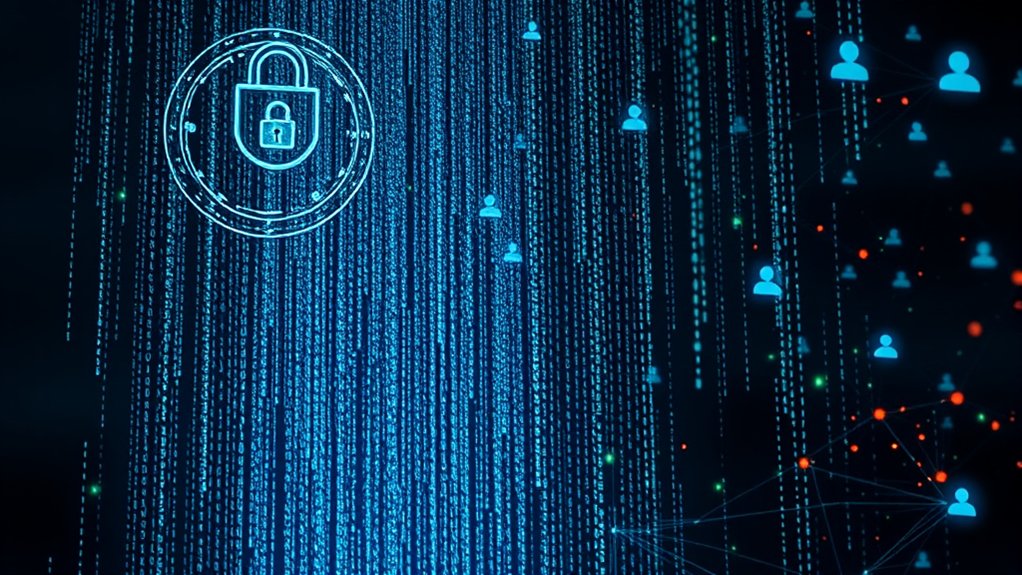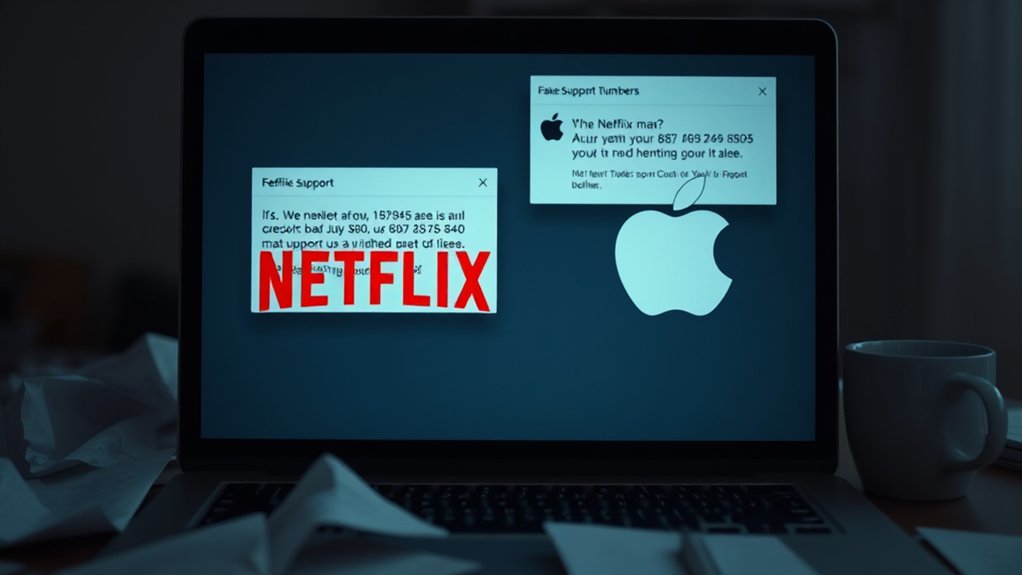In a stark revelation, researchers have uncovered a staggering 16 billion leaked login credentials compiled from 30 distinct datasets, indicating a significant security crisis affecting a multitude of platforms, including major entities such as Google, Facebook, and Apple.
The datasets, containing tens of millions to over 3.5 billion records each, reveal an unprecedented scale of cyber exposure, affecting social media, enterprise, and government services worldwide. It is crucial to note that the 16 billion figure likely includes duplicates, leaving the exact number of unique individuals or accounts unclear.
The revelation of 16 billion leaked records underscores a massive cyber exposure threat affecting countless global platforms.
The source of this colossal leak is attributed to multiple past breaches and the ongoing activity of infostealer malware, which infiltrates devices to collect sensitive information systematically. Recent research has shown that the leak involved infostealers, further exemplifying the persistence of these cyber threats. Additionally, IBM estimates the average cost of a data breach for companies at $4.9 million, underscoring the financial impact of these breaches.
Unlike sporadic leaks, researchers report that new datasets of stolen credentials continue to emerge online every few weeks, all featuring meticulously structured data. Most of these datasets had not been publicly acknowledged before their recent revelation, which highlights the growing threat environment associated with cybercrime.
This leak is a blueprint for exploitation, granting cybercriminals tools for extensive account takeovers, identity theft, and targeted phishing attacks. The sheer volume of the available credentials permits attackers to launch secured credential-stuffing attacks, posing severe risks to millions of users, particularly those on major platforms. Public Wi-Fi networks have become increasingly dangerous entry points for hackers to intercept and steal credentials.
Moreover, enterprises and government systems also face newfound vulnerabilities because of these breaches.
In response to this crisis, experts urge individuals to rotate passwords for critical accounts and facilitate multi-factor authentication (MFA) as a protective measure against potential breaches.
The detection of the leaked data accentuates the significant challenges surrounding attribution, as it is nearly impossible to assign blame to a single organization or incident.
As a result, as this situation develops, millions remain at risk without direct notification regarding their compromised accounts, leading to increased urgency for personal vigilance in online security practices.









